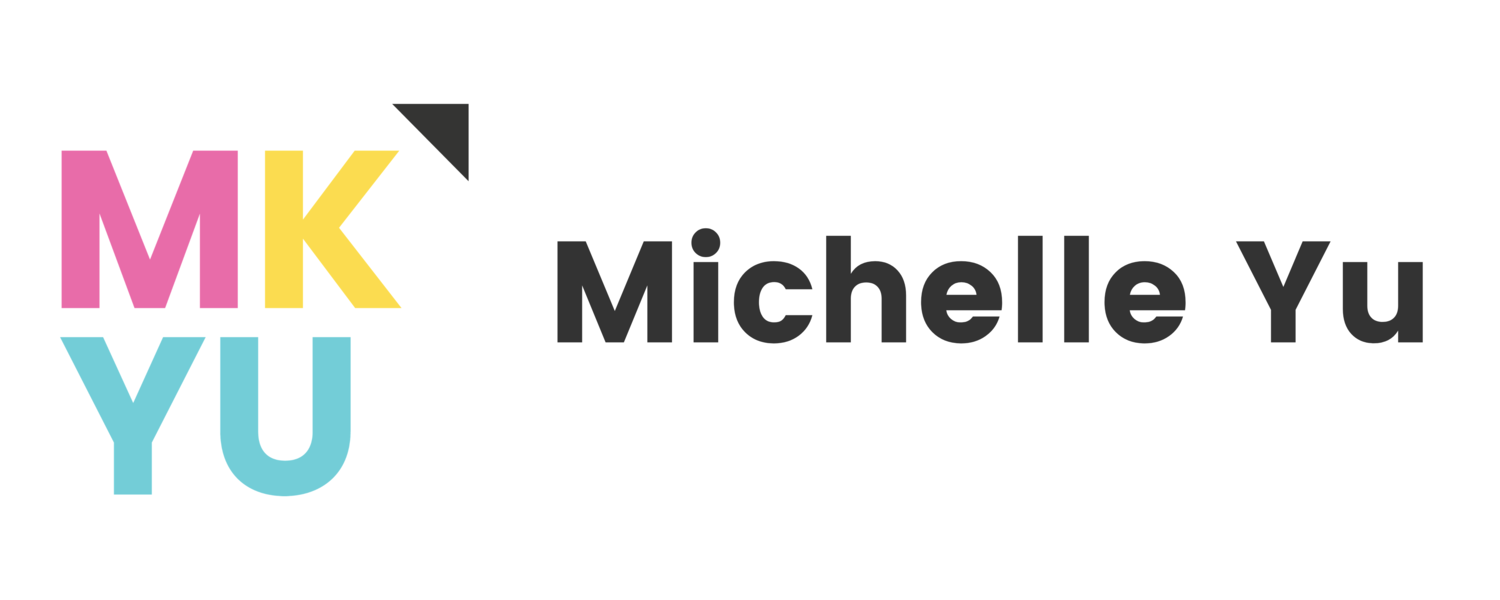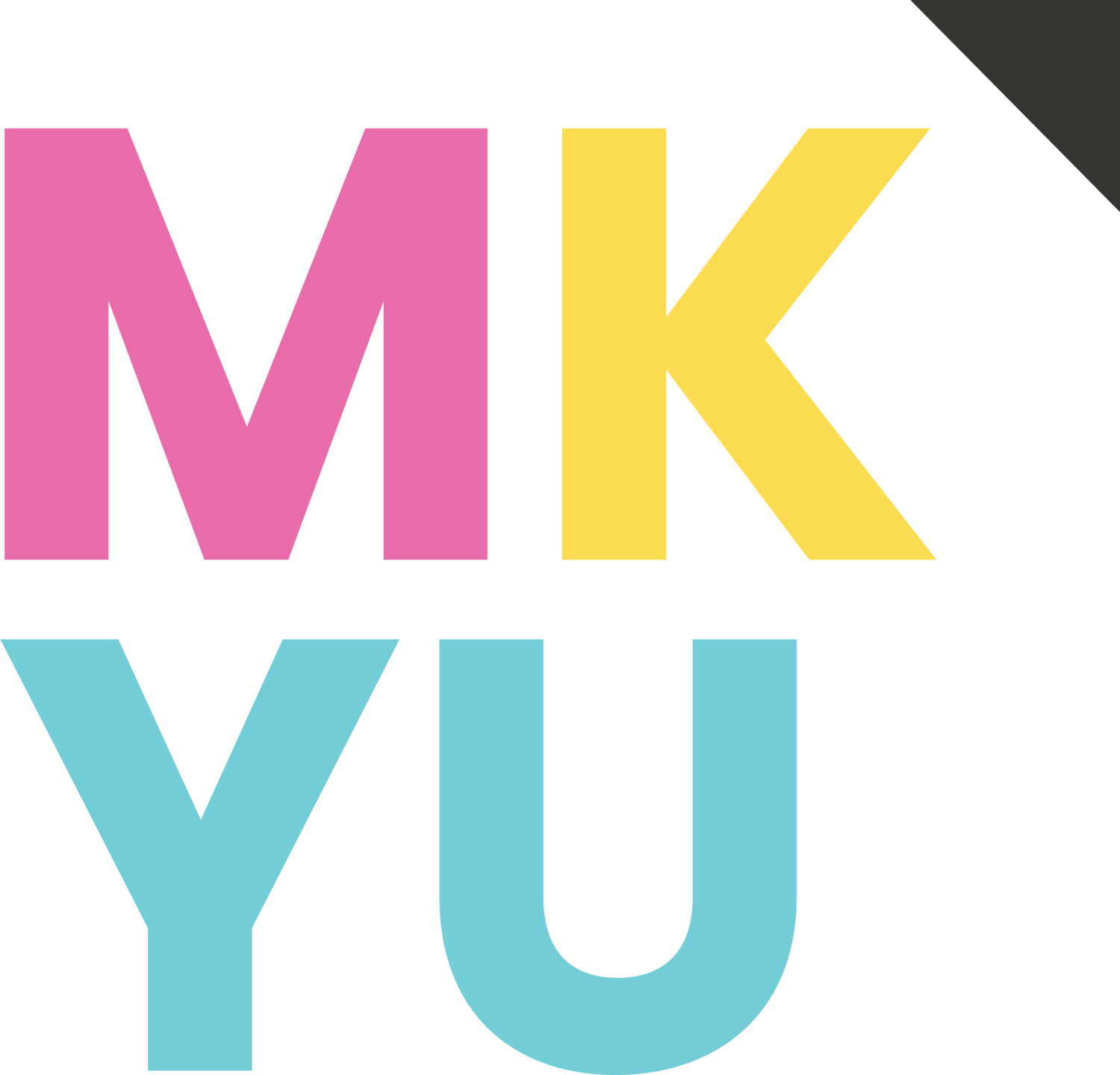Remote Employee Onboarding During COVID
Over the last months, the state of workforce has changed drastically. Employers and employees alike have made significant adjustments navigating under “the new normal” and adjusting to a predominantly remote workforce. While businesses try to push onwards and attempting to resume business as usual, we know it comes with a new set of challenges.
Getting properly onboarded at a new company is already a delicate transitional time for new hires, so adding a global pandemic and remote arrangement to the mix can create even more complexity. Employees tasked with successfully learning their new role while being physically isolated AND having to potentially manage family related matters, creates a juggling act.
For those making employer changes during the pandemic, or for new graduates entering the professional workforce for the first time, here are a few tips and suggestions on how to successfully onboard with your new employer.
Establish expectations with your manager: When coming onboard, communicate and create a clear working foundation with your manager. Have an open conversation about expectations and working hours. Ask your managers for recommendations on who to speak with and how to achieve a ‘seamless’ onboarding. Consider the following questions and topics to discuss with your manager when coming onboard:
how has COVID affected the way business has been conducted? what are some important lessons you’ve learned over the past few months regarding remote business work that I should be aware of?
what are your expectations of working hours and responsiveness for myself/the rest of the team? Ask if there are certain “office hours” or times during the day or week that would be good to check in; save burning questions and check-ins for those designated slot times to enhance effectiveness
be open and transparent especially if you have children at home, and communicate this with your manager and team so all parties are aware. Sticking with a set schedule, routine and structure will certainly help with establishing healthy boundaries early on.
Be proactive: Some employers may still be working through all the kinks in adjusting to remote work and onboarding. Not all organizations may have their COVID contingency action plans sorted through yet, from onboarding to a return-to-work plan. That being said, cut your company, team and coworkers some slack! It’s a tough time in the world right now, and we don’t always know what the other person is going through.
While everyone around is adjusting to the best of their abilities (and all dealing with their own behind the scenes issues), you may experience some onboarding bumps along in the road. Don’t take it personally if you’ve experienced a less than ideal onboarding where no one is there to handhold and show you the ropes. You can always take the matters into your own hands by being more proactive and by not being afraid to ask for help where needed. Stay curious and continue to learn.
Continue networking: You will no longer have the convenience of walking down the hall to get answers to your questions, or building rapport and familiarity over water cooler conversations. Moreover, in the physical environment, it’s far easier to build relationships over lunch or happy hour invitations. Since these options may no longer be available, don’t let remote work stop you from networking! Be proactive and reach out to your team members, scheduling time to introduce yourself over video conferencing. It’s easy to wait for others to make the first move, but as everyone’s personal and work life will look different, show proactiveness and take the first step. Build rapport virtually, and commit to getting to know your coworkers on a more personal level, otherwise you’ll lock yourself in with talking solely about work.
Establish your routine: We don’t know how long this situation will last and we’re not sure exactly when a vaccine will be made available to the masses. There’s plenty of uncertainty as to when the country will open back up, so prepare your mind for the long run: you may be working remotely for longer than anticipated, so save some gas in the tank! Creating a routine and schedule will allow you to take control over your time, activities, focusing your attention on what you DO have control over (as opposed to what you don’t have control over).
Moreover, check the sustainability of your workplace practices and build in healthy habits to address your physical, mental and emotional wellbeing. Some days you’ll ride a wave of emotions, so notice them without judgement. In the times of so much uncertainty, it's even more important to focus on self care and wellbeing. This too shall pass, so treat yourself (and others) with compassion, as we’re all navigating through unprecedented times.
If you’re looking for ways to alleviate stress and implement coping mechanisms, check out my Self Care Action Plan template, and Overcoming Overwhelm and Burnout free resources.

